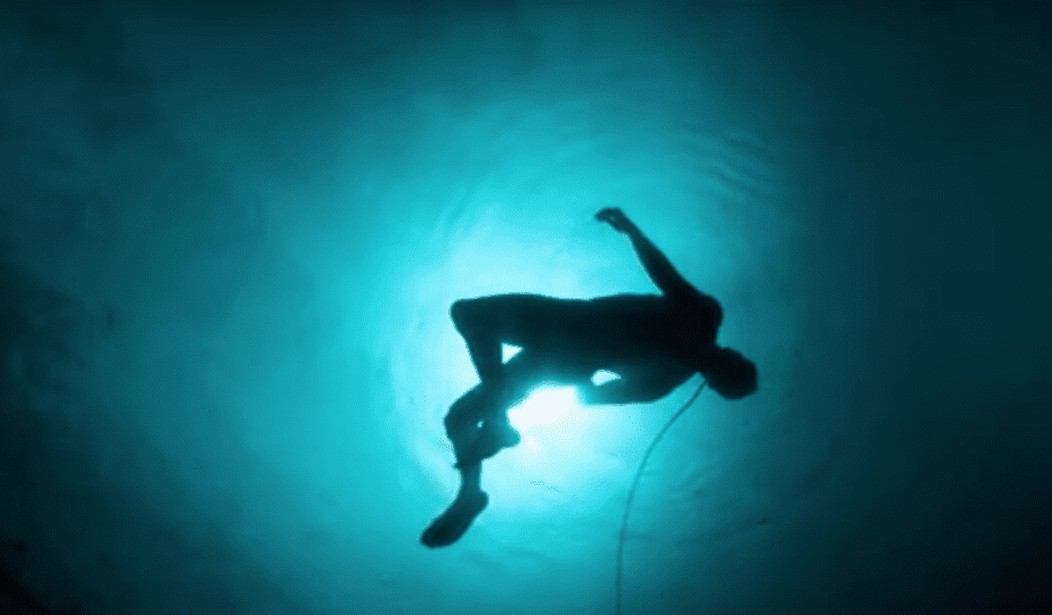“Are you a believer?” asks the strange little man before whipping out his claw-like torture device and ripping out a starfish-shaped piece of flesh. Mr. Leung is a fairly minor character in Netflix’s new sci-fi drama, Altered Carbon, but his obsession with the new “gods” speaks to the show’s surprisingly deep themes. Hidden in this fast-paced, complexly plotted, noir sci-fi thriller is one big question: What makes us human? (Spoilers ahead.)
https://www.youtube.com/watch?v=dhFM8akm9a4
Altered Carbon (based on the book of the same name by Richard K. Morgan) takes place in a distant future where, at the age of one, everyone’s consciousness is downloaded onto a disc (or “stack”). The stack, when inserted into the base of the person’s skull, allows the person’s consciousness to live in any body (or “sleeve”). So, while the sleeve can die, the stack can be re-sleeved — assuming the person has enough money for a new sleeve. The very wealthy can live indefinitely (if their stack stays intact), the very poor cannot. And some — like the Neo-Catholics — choose not to, believing that God did not intend for us to live on earth forever.
Our main character, Takeshi Kovacs (played expertly by Joel Kinnaman), is trying to solve the murder of a wealthy aristocrat named Laurens Bancroft (played by James Purefoy). But, with every new lead, Kovacs keeps bumping up against the same question: Were humans meant to live forever. The Neo-Catholics choose to live only for the lifespan of their “birth sleeves.” The Meths (short for Methuselah), like Bancroft and his wife, spend huge sums of money to live for centuries. And a resistance movement of “Envoys” believes that a person’s stack should be coded to terminate after 100 years.
The unspoken question implied in all of this is: Is there something beyond this life, or isn’t there? Is there a God, a heaven, something bigger than we know? Those who believe there is think humans should allow themselves to eventually die — in order to achieve eternal life. Those who believe that this is all there is are hell-bent on living forever.
For Mr. Leung, the sadistic lackey of a Meth brothel-owner, the Meths are the gods. They have power, they live forever, and (because they all live in giant high-rises above the clouds) they live in the sky. For him, gods live on earth and they were fashioned in man’s image, not the other way around.
But living for centuries, it turns out, does a number on your mind (regardless of where your mind happens to reside). All the Meths that Kovacs encounters have, in different ways, lost their humanity. “We have ruined each other,” one Meth says to another. With time, the show implies, humanity erodes. Instead of becoming gods, they’ve become monsters.
The show provides no answer of its own for what happens after death. And its characters — even the ones who believe in an afterlife — struggle to let go of life on earth. Even Kovacs, who doesn’t have very much to live for, ultimately finds he’d rather live than die. But isn’t that true of all of us? We may know that after this life will come eternal life, but that doesn’t make us eager to die. But it should make us strive to be the best versions of ourselves while we’re here. Something the Meths, who hope never to die, have forgotten how to do.
Season one of Altered Carbon is available now on Netflix.









Join the conversation as a VIP Member